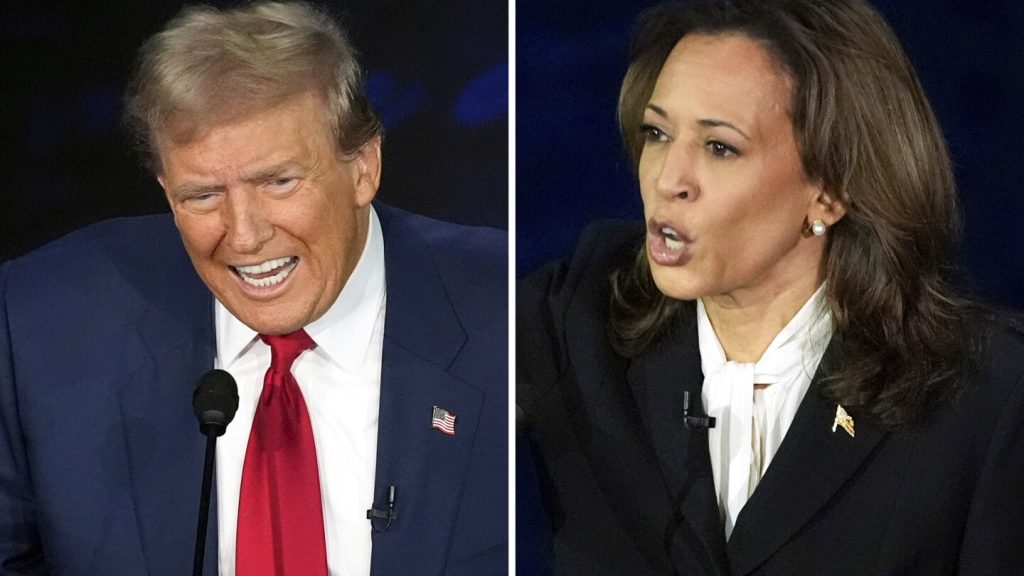The issue of immigration has become a central theme in the upcoming November election, with President Joe Biden and Vice President Kamala Harris facing criticism from Republicans over the handling of migrants entering the U.S. The Biden administration, which initially promised a more humane approach to immigration, has struggled to control the influx of migrants at the southern border. Despite implementing measures to restrict asylum access, the administration has also created new pathways for migrants to enter the country and for those already here to become citizens. They have pointed to a decrease in migrant numbers at the border as evidence that their policies are effective.
Vice President Harris, during her first trip to the border as the Democratic nominee, outlined plans to further crack down on asylum claims and extend restrictions on asylum access. She has emphasized a focus on border security and combating drug smuggling, drawing on her experience as California attorney general. Harris was appointed by President Biden to address the root causes of migration from Central America, with a specific focus on long-term solutions to stem the flow of migrants to the U.S. Despite criticisms from Republicans, Harris has defended her approach and argued that the Trump administration’s policies exacerbated the situation at the border.
The Biden administration’s tough anti-asylum measures have led to a significant decrease in the number of migrants crossing the border. Harris has endorsed comprehensive immigration reform, including pathways to citizenship for immigrants without legal status and a faster track for those who arrived in the country as children. However, she has not explicitly stated whether she would continue the key programs introduced by the Biden administration that have allowed over a million migrants to enter the country. These programs include using an app called CBP One for scheduling appointments at official border crossings and providing work permits to certain migrants from Cuba, Haiti, Nicaragua, and Venezuela.
President Donald Trump, on the other hand, has made immigration a central issue of his campaign, promising to carry out the largest domestic deportation in U.S. history if reelected. Trump has outlined specific plans, such as using the National Guard to round up migrants and invoking the Alien Enemies Act to deport noncitizens from countries at war with the U.S. He also aims to deport hundreds of thousands of immigrants who entered the country under key Biden administration programs. Trump has pledged to reinstate policies from his first term, including the Remain in Mexico program and Title 42, as well as expanding the travel ban targeting citizens from Muslim-majority countries and implementing new screening measures for immigrants.
Any mass deportation plans proposed by Trump would likely face legal challenges and be costly to implement. They would also depend on cooperation from countries in accepting their citizens back. Trump’s stance on immigration also includes ending birthright citizenship for children born in the U.S. to parents who are in the country illegally. As the election draws near, the debate over immigration policies and border security remains a contentious issue, with both candidates presenting starkly different approaches to addressing the challenges at the southern border.














